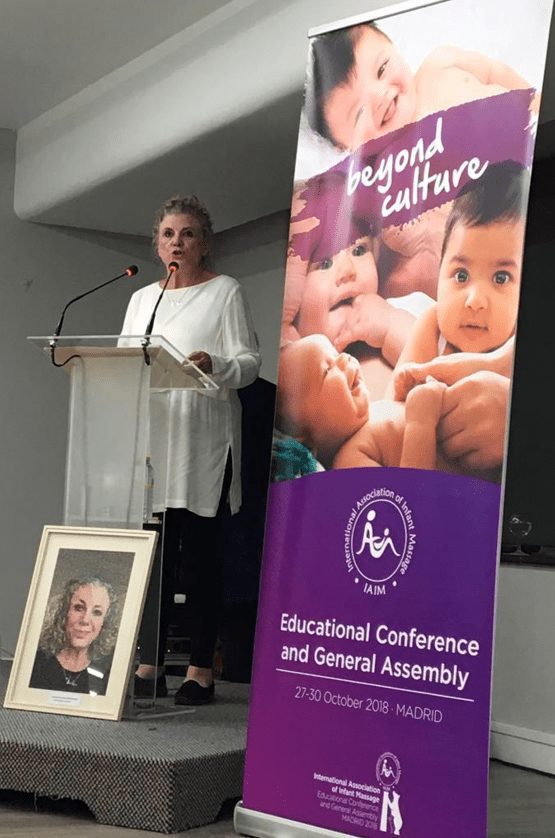A study done by the University of New South Wales, UK, says women with troubled maternal relationships have lower levels of the hormone oxytocin and are more likely to have difficulty bonding with their own babies.
Apparently, “trust pathways” are set in infancy and the quality of the mother-child bond repeats itself down the generations. Blood samples were taken from 680 women receiving antenatal care at Liverpool Hospital and tested for oxytocin, a hormone that promotes trust and bonding.They also filled out questionnaires on their own attachments and the quality of their relationship with their parents.
Two months after their babies’ birth, fifty women who had high-level separation anxiety and fifty who had no such symptoms were measured again for oxytocin and questioned about their relationship with their newborns.
The women with lower oxytocin levels were more likely to report negative feelings, including resentment toward their infants and depression; they were also more likely to report dysfunctional relationships with their own parents.
Valsamma Eapen, an infant, child and adolescent psychiatrist, said that people’s experiences in their formative years wired the way they responded to the hormone later in life. Those with positive experiences in their early years were more sensitive to the cues that stimulated their oxytocin sensors, but women who had lower levels of oxytocin were starting from a disadvantaged position when it came to bonding with their babies.
“. . .we see this dysfunctional or disrupted relating as an intergenerational cycle and just increasing oxytocin levels with a puffer or spray alone won’t change that,” Eapen said.
The next stage of the UNSW study is testing whether the babies have formed secure attachments with their mothers. Professor Eapen said the results will help health professionals to identify women at risk and break the cycle. Neha Mascarenhas, whose daughter Kiara was born in February last year, said she had a strong relationship with her parents and fell in love with her baby at first sight.
Having a disrupted relationship with their own mother doesn’t doom parents to repeat it with their babies. With education and learning infant massage, parents often make a choice to bond with their babies in whatever way they can. Infant Massage, a Handbook for Loving Parents goes into this in depth. I’ve had many parents in my classes, instructors too, that had difficult relationships with their parents in childhood. They read the book and come to classes and seminars and become acutely aware of their own bonding or lack of it, and are amazed and grateful for the opportunity to turn things around.
